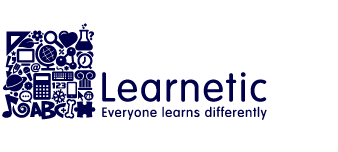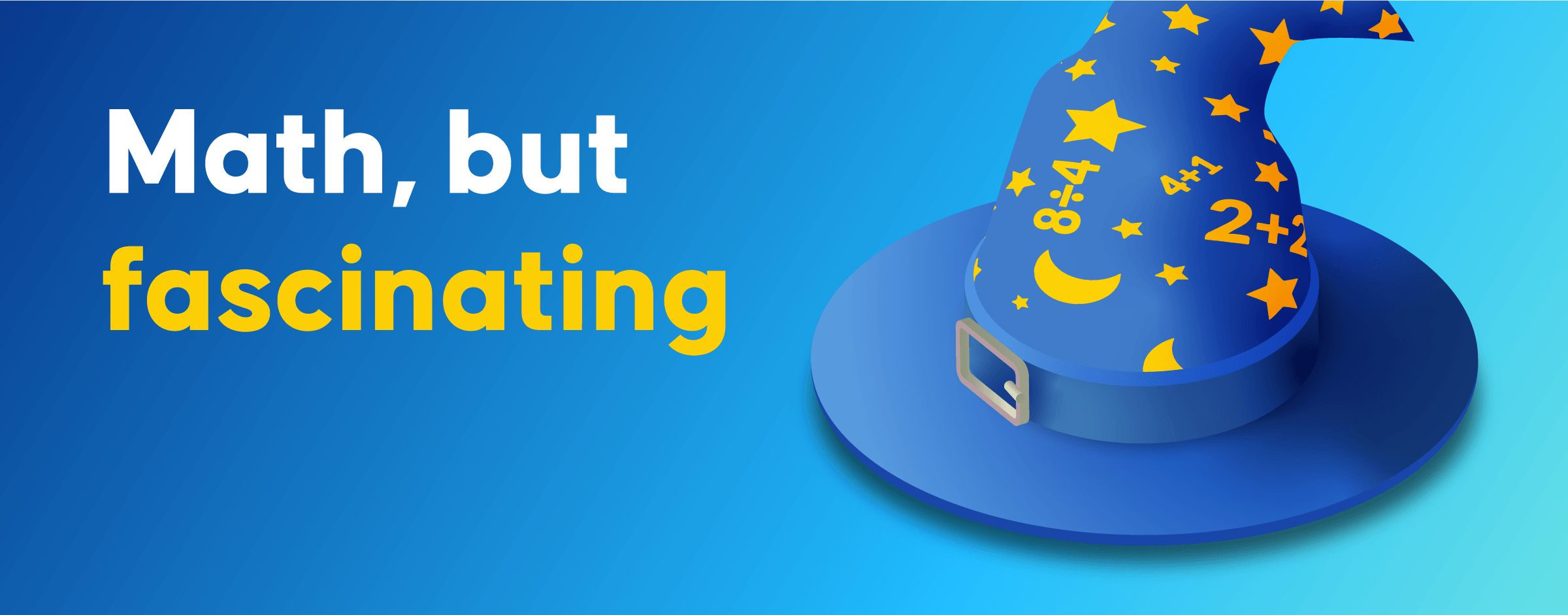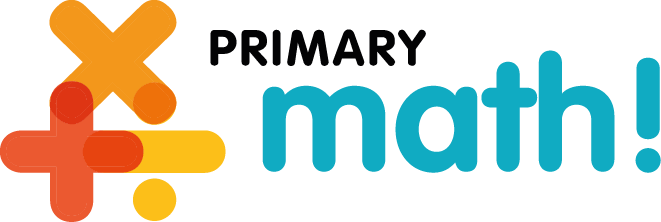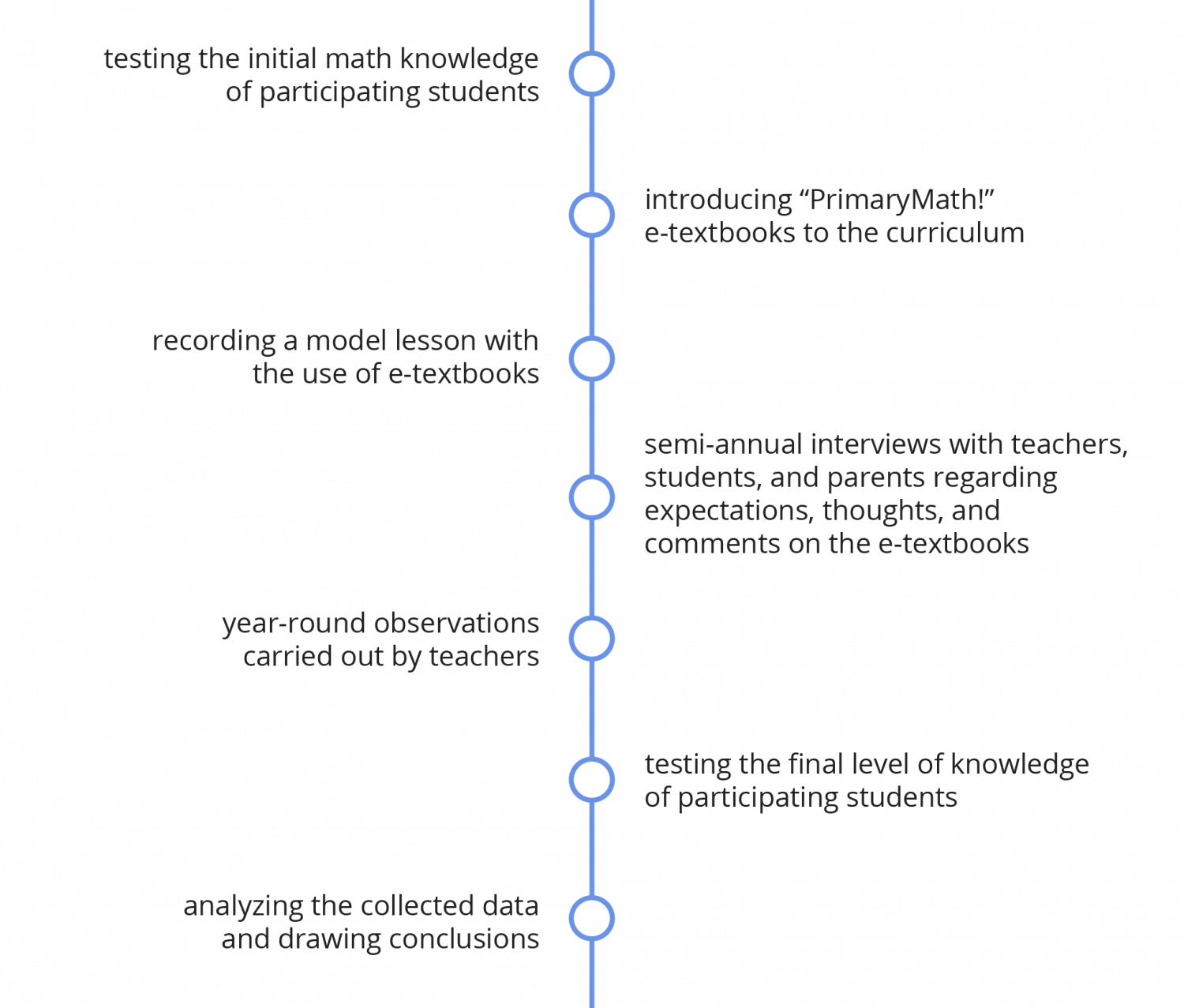Inspiration
While the modern Finnish methodology revolutionized Scandinavian education, we observed Polish schools struggling to make the best out of old methods. That is why we created “Primary Math!”: a set of innovative math e-textbooks for modern educational publishers, teachers, and students.
We strongly believe that learning is most successful when it’s interactive, engaging, and igniting curiosity. For that reason, our program is based on renowned Finnish textbooks, enriched with multimedia, and transformed into interactive resources.
Groundbreaking Finnish methodology
multiple methods
visualization of mathematical thinking
various strategies
individualized learning process
language of mathematics
The project
Goals
Our main goal was to find out how much e-textbooks and ICT tools improve primary school students’ math skills and key competencies. To measure that, we’ve created a project in collaboration with the Laboratory of Media Education of the Department of Social Sciences, University of Gdansk. We selected groups of students and teachers who had never worked with eContent and ICT tools before and started to test if multi-sensor learning is more accessible, resulting in greater interest and higher scores. Apart from evaluating the performance of the “Primary Math!” program, we intended to use the gathered data to improve the e-textbooks and ensure that they match our learners’ exact needs.
Participants
The project involved two schools:
- The Primary School no. 6 in Reda
- The Community Primary School no. 6 in Września.
| Experimental group “Primary Math!” e-textbooks and ICT tools | Control group traditional paper-based textbooks, unmodified conditions |
|---|---|
| 2 classes, 46 students from Reda | 3 classes, 60 students from Reda |
| 1 class, 25 students from Września | 2 classes, 55 students from Września |
Process
Teachers speak
We’ve interviewed the teachers halfway through the project to learn how “Primary Math!” with ICT solutions has influenced teaching and learning so far. The later date of the interviews was intentional: people tend to be enthusiastic when starting work with new technologies, and we wanted to get the most accurate answers possible.
The feedback was positive. Teachers observed that the classes were more dynamic; students were less tired, more focused, and discovering that math might be fun. The colorful, interactive screens were more interesting than traditional textbooks and resonated with children “living in a world of images.”
All in all, the teachers told us that working with “Primary Math!” was better than the traditional model and declared they’d be willing to work with the program in the coming years.
Teachers said that working with “Primary Math!” and ICT tools was very convenient. They didn’t have to look for attractive tasks in external resources anymore. They reported that they saved a lot of time and effort, having the freedom to choose from over 100 activities. Students who needed more support got a large number of tasks helping them tackle more challenging material; more advanced students had extra activities to satisfy their thirst for more knowledge. “Primary Math!” has proved to provide a supportive learning environment for every student.
Students speak
The students said that they had never learned with ICT tools before the project. During the experiment, they have started learning with PCs and laptops, both at school and at home, which made learning easier and more accessible. They could also work offline with the mLibro app, which automatically synchronizes students’ progress when reconnected to the internet.
The students found learning with “Primary Math!” very enjoyable. They liked the wide variety of assignments and even the fact that sometimes they had to focus harder to complete them. They also enjoyed the rewards for correctly solved tasks – sounds, animations, short videos, especially with animal characters. Sometimes they even refreshed their screens to do the activity again. They also felt much more active during classes, and some of them even competed for the highest number of correctly solved tasks. When asked if they would like to keep learning with “Primary Math!” e-textbooks in the following years, they said they would.
Parents speak
The surveys taken by 37 parents largely agreed with children and teachers involved in the project. 78% of parents said that using ICT tools for learning had a good influence on their children. In their view, they provided greater opportunities than traditional textbooks and stimulated different senses, allowing children to explore math issues in a new way. Approximately 19% of parents believed that ICT tools did not affect the learning process; no one evaluated them negatively. 59% of parents positively evaluated “Primary Math!” e-textbooks, pointing at their diversity, interactivity, and accessibility. Additionally, 75% of them appreciated the animated characters, saying they give more satisfaction from completed tasks and boost the students’ motivation to achieve even better results.
78% of parents said that working with tablets, PCs, and e-textbooks brought positive changes for their children, including:
greater desire to learn
a better understanding of the material
higher motivation to do homework in the form of tasks on the platform
more independence with the immediate feedback on tasks and tests
“Primary Math!” in use: the results
Before and after the project, all students took tests evaluating math skills expected at the beginning and end of each school year. Assessing their level of knowledge enabled us to measure the differences in math skills between the students from experimental and control groups.
The difference in test results of experimental and control groups from the Community Primary School no. 6 in Września increased from 1,74% to 15,46% in class 3a, and from 4,76% to 7,31% in class 3e.
The pre-tests carried out in both schools before introducing the “Primary Math!” e-textbooks showed similar results in almost all classes. We prepared the post-tests with the same premise.
However, we weren’t able to compare all results. Due to positive opinions on our e-textbooks, the teachers of two control groups from Primary School no. 6 in Reda started working with “PrimaryMath!” as well. For that reason, results from these groups will not be included.
Moreover, the standard deviation in test results decreased in both experimental groups, proving that students with lower initial knowledge working with our e-textbooks and ICT tools could improve their scores. This comparison shows that learning with “PrimaryMath!” clearly positively impacts the acquisition of math skills and reduces inequalities between students, which is very common in traditional learning.
Learnetic speaks
Our mission always was to engage the students, boost their motivation and spark their interest in learning. We are very happy to have proved that our Primary Match e-textbooks significantly improve education, and bring measurable, promising results. If you, like us, believe that learning math can be much more enjoyable and fruitful than it is right now – consider supporting your students with “Primary Math!”, and see how it increases your publishing success.





